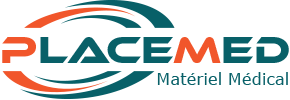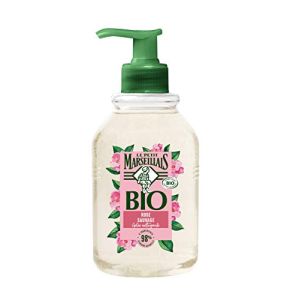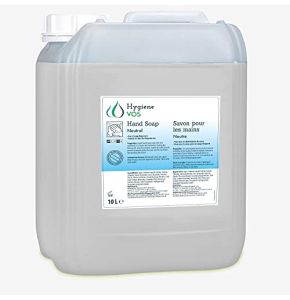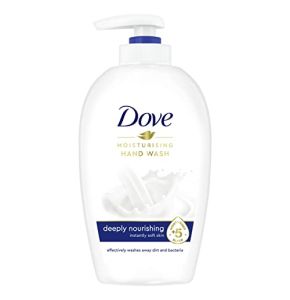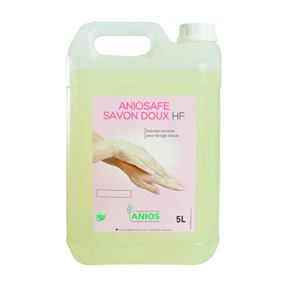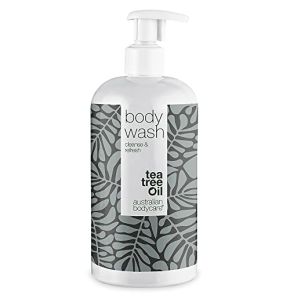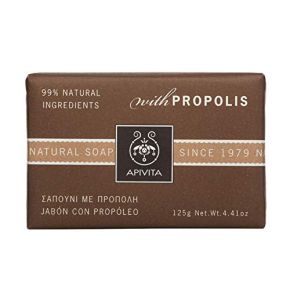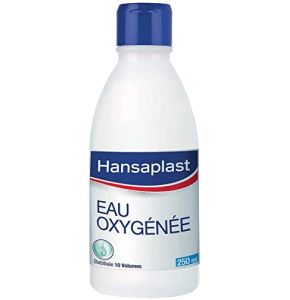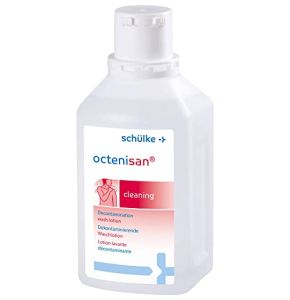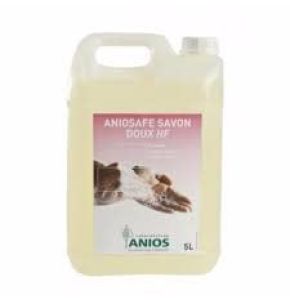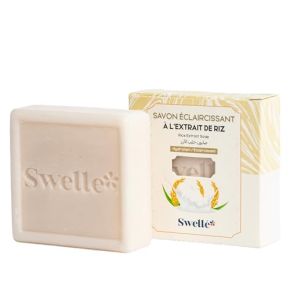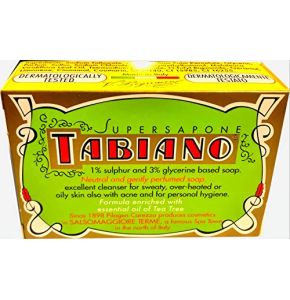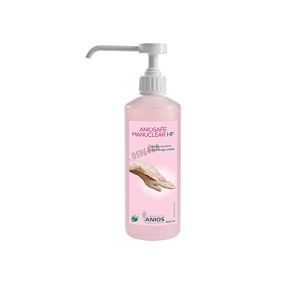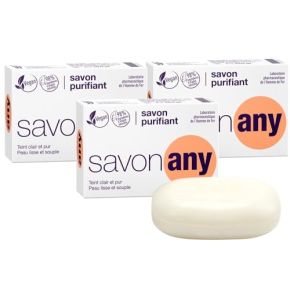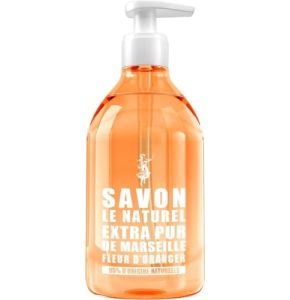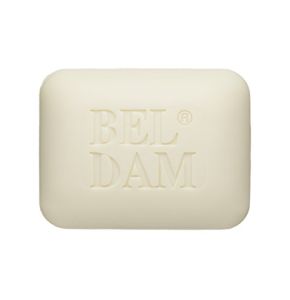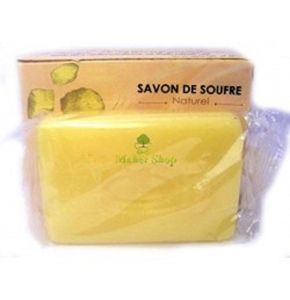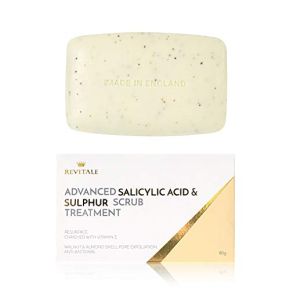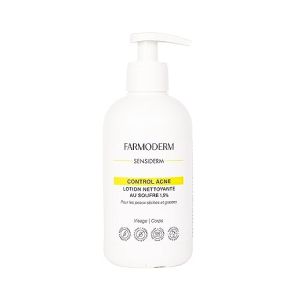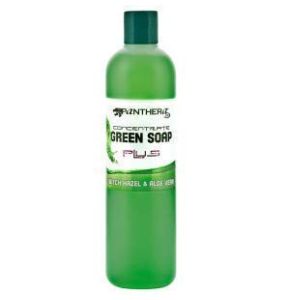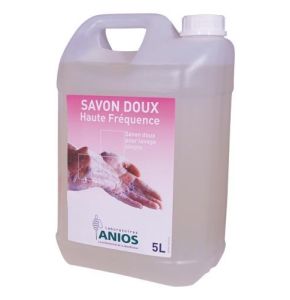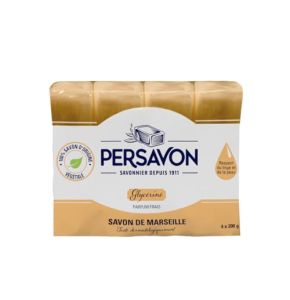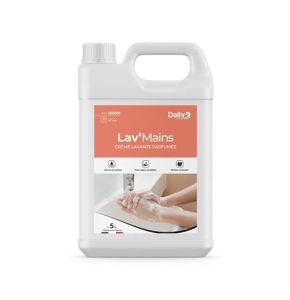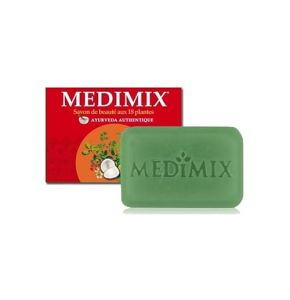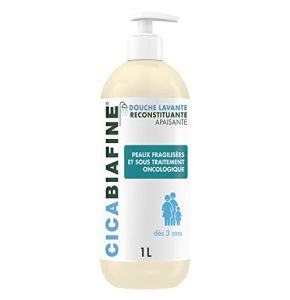Antiseptic Soap
18/11/2024 253
18/11/2024 300
18/11/2024 266
18/11/2024 266
18/11/2024 281
18/11/2024 269
18/11/2024 272
18/11/2024 283
18/11/2024 335
18/11/2024 231
18/11/2024 247
18/11/2024 282
18/11/2024 250
18/11/2024 258
18/11/2024 281
18/11/2024 270
18/11/2024 233
18/11/2024 280
18/11/2024 329
18/11/2024 239
18/11/2024 273
Effectively Protect Yourself with Antiseptic Soap
Handwashing is a simple act that saves lives. In the medical field, it is even more important. Antiseptic soap is a crucial weapon against nosocomial infections. These infections, acquired in hospitals, can be severe for patients. Understanding the importance of disinfectant soap and knowing how to use it correctly is therefore essential for all healthcare professionals.
What differentiates antiseptic soap from regular soap?
At first glance, antiseptic soap and regular soap look similar. However, they have significant differences. Disinfectant soap is specially designed to eliminate microbes. It contains chemical substances that kill or inhibit the growth of bacteria, viruses, and fungi.
Chemical Composition
- Antimicrobial Agents: It contains ingredients like chlorhexidine, iodine, or alcohol. These substances destroy microorganisms on the skin.
- Prolonged Action: Some antiseptic soaps have a residual effect. This means they continue to protect the skin after washing.
- Appropriate pH: They are formulated to respect the skin's pH, thus avoiding irritation.
In contrast, regular soap is primarily intended to clean the skin by removing dirt and sebum. It does not have a specific antimicrobial effect. Therefore, it is not sufficient in medical settings where the risk of infection is high.
Antimicrobial Efficacy
- Germ Elimination: It significantly reduces the number of microorganisms on the skin.
- Infection Prevention: It helps prevent the transmission of pathogens between patients and healthcare staff.
- Compliance with Standards: It meets the requirements of hospital hygiene protocols.
In summary, antiseptic soap is indispensable in healthcare settings. It offers superior protection against microbes compared to regular soap.
In what situations is antiseptic soap recommended over hydroalcoholic solution?
Hydroalcoholic solution is also used for hand hygiene. However, disinfectant soap is preferred in certain situations. Knowing the advantages and limitations of each method helps in choosing the most suitable one.
Advantages of Disinfectant Soap
- Removal of Dirt: It cleanses and disinfects. It is effective if hands are visibly dirty or soiled with bodily fluids.
- Reduction of Pathogens: It eliminates a wide range of microorganisms, including some resistant bacterial spores.
- Prolonged Use: Suitable for repeated washes without decreasing its effectiveness.
Limitations of Hydroalcoholic Solution
- Ineffective on Dirty Hands: It does not work properly if hands are visibly soiled.
- Some Resistant Germs: Less effective against certain spore-forming bacteria or non-enveloped viruses.
- Risk of Irritation: Frequent use can dry out the skin due to alcohol.
Therefore, it is recommended:
- Before and after caring for patients infected with resistant germs.
- After contact with bodily fluids.
- When hands are visibly dirty.
Hydroalcoholic solution remains practical for quick disinfection when hands are not dirty. It is useful between patients to save time.
How to Choose a Suitable Disinfectant Soap for Your Work Environment?
The choice of antiseptic soap must be tailored to the specific needs of the healthcare facility. Several criteria must be considered to select the most effective and safest product.
Selection Criteria
- Spectrum of Activity: The soap must be effective against the microorganisms commonly found in the facility. Ensure it covers relevant bacteria, viruses, and fungi.
- Contact Time: A short contact time is convenient for staff. Choose a soap that acts quickly.
- Skin Tolerance: It must be gentle on the skin, especially with frequent use. Opt for a product with moisturizing agents.
- Compliance with Standards: Ensure the soap complies with EN 1499 and EN 13727 standards, guaranteeing its antimicrobial effectiveness.
- Ease of Use: Suitable packaging, such as pump bottles or wall-mounted dispensers, facilitates access to the product.
Adaptation to Clinical Needs
- High-Risk Services: In intensive care units or operating rooms, a broad-spectrum soap is necessary.
- Staff Allergies: If some employees are allergic to components like iodine, choose a soap without these substances.
- Pediatric Environment: For services with children, a soap without fragrance or colorants is preferable to minimize irritation risks.
By consulting product technical sheets and considering the specific needs of your facility, you can choose the most suitable disinfectant soap.
What are the appropriate techniques for effective handwashing with antiseptic soap?
Effective handwashing is not just about quickly passing hands under water. It is important to follow precise steps to eliminate microbes optimally. Here are the recommended techniques for handwashing with antiseptic soap.
Detailed Steps
- Wet Hands: Place your hands under warm water to wet them completely.
- Apply Soap: Take enough to cover all surfaces of your hands.
- Rub Hands: Rub palm to palm in circular motions.
- Rub the Back of Hands: Place your right palm on the back of your left hand and vice versa, interlacing fingers.
- Clean Between Fingers: Rub palm to palm with fingers interlaced.
- Clean Thumbs: Circle your left thumb with your right palm and rub in a rotating motion, then switch hands.
- Clean Fingernails: Rotate the fingertips in the opposite palm.
- Rinse Thoroughly: Rinse hands under water to remove soap and microbes.
- Dry Hands: Use a single-use towel to completely dry your hands.
- Close the Tap: Use the towel to close the tap to avoid recontaminating your clean hands.
Washing should last at least 30 seconds to be effective. It is important not to neglect often-forgotten areas like thumbs, fingertips, and spaces between fingers.
Best Practices
- Remove Jewelry: Rings and bracelets can harbor microbes. It is recommended to remove them before washing.
- Maintain Fingernails: Keep nails short and clean to avoid dirt accumulation.
- Use Contactless Dispensers: If possible, use automatic dispensers to reduce the risk of cross-contamination.
By following these techniques, you ensure optimal hand hygiene, thus protecting your patients and yourself.
What are the impacts of antiseptic soap on the skin and how to minimize them?
Frequent use of antiseptic soap can have effects on the skin. It is important to know these impacts and how to reduce them to maintain healthy skin while ensuring impeccable hygiene.
Impacts on the Skin
- Skin Dryness: Antiseptic agents can remove the skin's natural oils, making it dry.
- Irritations: Repeated use can cause redness, itching, or burning sensations.
- Contact Dermatitis: In some cases, allergic reactions may occur, requiring medical attention.
How to Minimize the Effects
- Choose a Gentle Soap: Opt for disinfectant soap with moisturizing agents and without irritating fragrances.
- Regularly Moisturize: Use a suitable moisturizing cream after washing, especially before breaks or at the end of the day.
- Avoid Hot Water: Prefer warm water, as hot water can worsen skin dryness.
- Wear Gloves: When appropriate, gloves protect the skin from irritating agents.
- Consult a Professional: If irritations persist, consult a dermatologist for tailored advice.
It is important to take care of your skin to maintain a healthy skin barrier. Damaged skin can be more susceptible to infections, which goes against the goal of good hand hygiene.
Daily Skin Care
- Use Suitable Products: Choose fragrance-free and hypoallergenic creams.
- Drink Enough Water: Good internal hydration helps maintain healthy skin.
- Avoid Irritants: Reduce exposure to harsh chemicals outside of work.
By taking these measures, you can continue to use the disinfectant soap necessary for your work while preserving your skin's health.
Antiseptic soap is an essential element for preventing infections in medical settings. It offers superior protection compared to regular soap and is essential in many situations. By choosing the right product and applying the appropriate techniques, you ensure optimal hand hygiene. Don't forget to take care of your skin to avoid irritations related to frequent use.
On the Placemed marketplace, you will find a selection of antiseptic soaps tailored to your professional needs. Choose safety and quality to protect your patients and yourself.
 Francais
Francais 